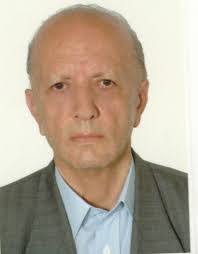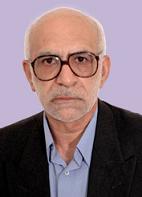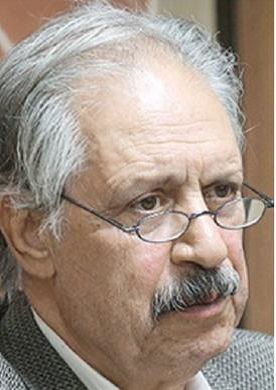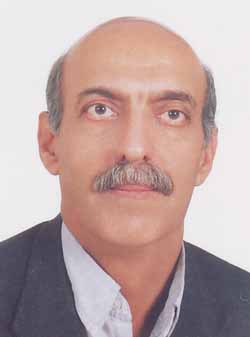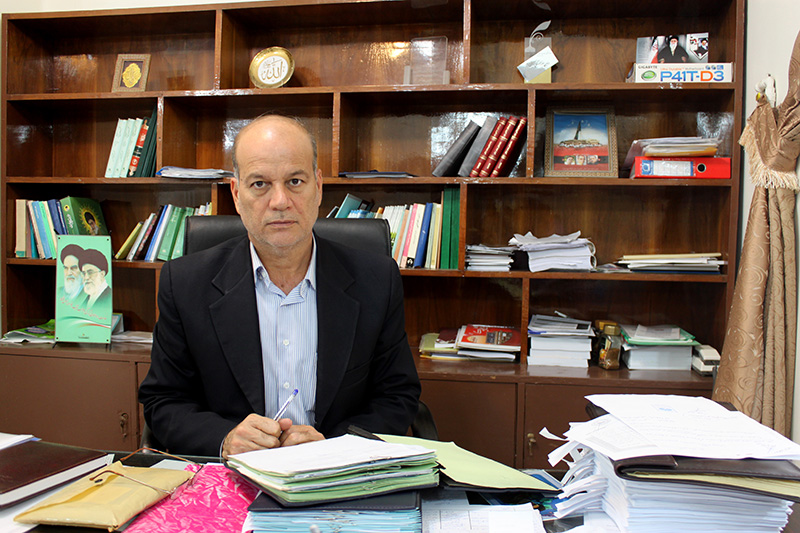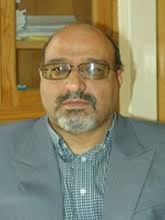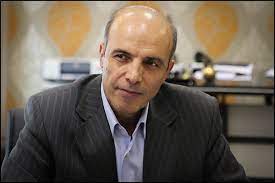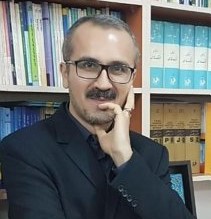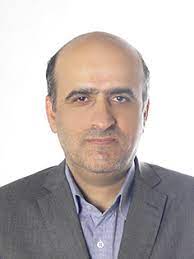The Role of Institutions and Political Parties in Nuclear Enrichment During Ahmadinejad's Presidency Based on Systems Theory
Keywords:
Nuclear Energy, Ahmadinejad Presidency, Systems Theory, Nuclear EnrichmentAbstract
This article examines the role of institutions and political parties in nuclear enrichment during Ahmadinejad's presidency, utilizing an analysis based on David Easton's systems theory. Iran's nuclear programs during Mahmoud Ahmadinejad's presidency were influenced by the complex interactions of various institutions and diverse processes. According to systems theory, these programs encountered inputs such as the support of political parties, the enactment of legislation in the Islamic Consultative Assembly (Parliament), and the formulation of security policies by the Supreme National Security Council and the Ministry of Defense. These institutions played a pivotal role in advancing nuclear technologies by providing financial and security resources. Key processes included the research and development of nuclear technologies by the Atomic Energy Organization and the protection of nuclear facilities by the Ministry of Defense, which led to an increase in uranium enrichment capacity and the fulfillment of domestic energy needs. The outputs of these programs contributed to strengthening national security and reducing dependency on foreign resources. Domestic and international feedback, through continuous performance evaluation and responses to global pressures, resulted in policy improvements and the adaptation of processes to new conditions. This feedback not only identified the strengths and weaknesses of the system but also contributed to the continuous improvement of nuclear programs and the enhancement of international interactions. Overall, the analysis of these processes and feedback highlights the importance of continuous interaction and adaptation in the success of nuclear programs.

